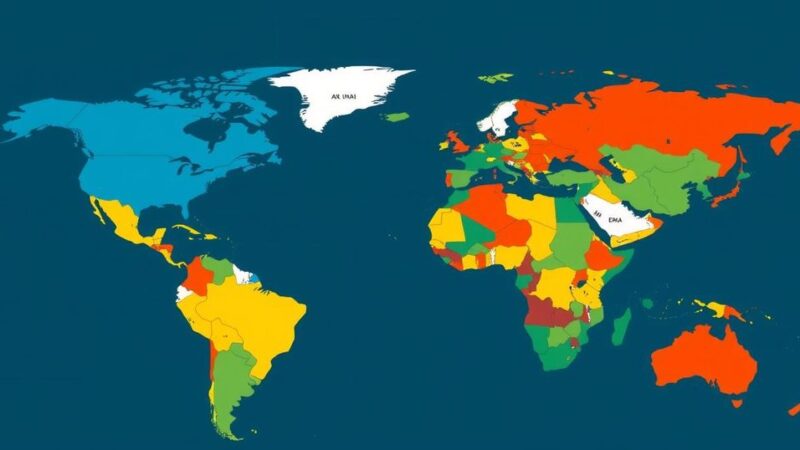The 2024 State of the Climate Report warns of an impending irreversible climate crisis, highlighting alarming records concerning temperature, fossil fuel emissions, and environmental degradation. The report calls for urgent action to mitigate climate-related damage and safeguard the planet for future generations.
The 2024 State of the Climate Report, published in the journal BioScience, raises an urgent and alarming alarm regarding the global climate crisis. It posits that humanity stands at the precipice of an irreversible environmental catastrophe, with significant threats to the very essence of life on Earth. This year’s alarming data, derived from an extensive study led by scientists William Ripple and Christopher Wolf from Oregon State University, indicate that 25 out of 35 critical planetary indicators are registering record extremes. Noteworthy highlights include the recognition that the three hottest days ever recorded occurred in July 2024, coinciding with an unprecedented peak in fossil fuel emissions, which have surged by 1.5% in 2023. A considerable increase in coal (1.6%) and oil (2.5%) consumption has notably contributed to this rise. Concerningly, the average surface temperature of the Earth is at an all-time high, with alarming trends in ocean heat content and acidity, as well as rising sea levels. The report underscores that the rate of global tree cover loss has escalated significantly, from 22.8 million hectares in 2022 to 28.3 million hectares in 2023. Additionally, concentrations of atmospheric carbon dioxide and methane continue to reach historical highs. The year also witnessed severe climate-induced disasters, including unprecedented heat waves across Asia, culminating in fatalities and record temperatures of 50°C (122°F) in regions of India. The displacement of millions due to climate change sets a troubling precedent, with the potential for future displacements affecting hundreds of millions, if not billions. The report concludes with a stark call to action, advocating for urgent reductions in ecological overshoot and the implementation of immediate, large-scale climate mitigation and adaptation strategies to mitigate imminent damage. The survival of the natural world, the prevention of extensive human suffering, and the legacy for future generations depend crucially on decisive action in the face of this escalating climate crisis. The gravity of the situation encapsulates not only the challenges at hand but also the moral imperative to safeguard our planet for posterity.
The topic of the climate crisis has gained unprecedented attention, particularly as scientific reports increasingly indicate the irreversible consequences of climate change. Significant global environmental shifts, amplified by human activities such as unsustainable fossil fuel consumption and deforestation, have brought us to a critical juncture. Understanding these developments and their implications is essential for addressing the pressing issues outlined in the 2024 State of the Climate Report and for fostering informed discussions on proactive measures to combat climate-related challenges.
In summary, the 2024 State of the Climate Report presents a sobering account of the current state of the planet, highlighting alarming trends and advocating for urgent action to mitigate the effects of climate change. With a record number of planetary indicators at extremes, the report emphasizes the need for immediate and substantial efforts to reduce ecological overshoot and ensure a sustainable future for humanity. The time for decisive action is now, as the future of our planet and the well-being of future generations are at stake.
Original Source: mronline.org






